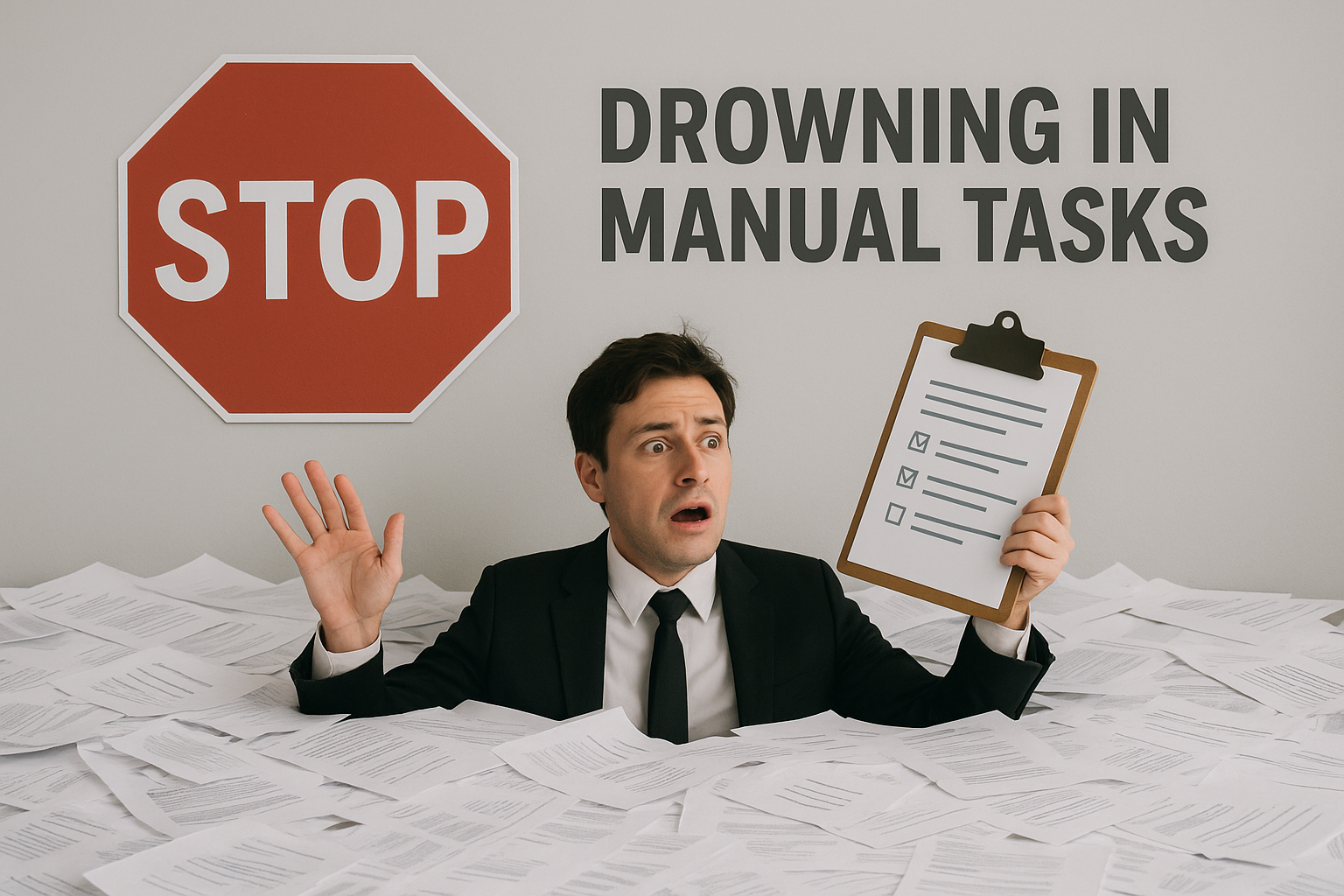The controversial case of the taxpayer who claimed a loss on their home

A decision by the Administrative Appeals Tribunal has the tax world in a flurry after the Tribunal found in favour of a taxpayer who sold the apartment she lived in for a loss, then claimed the $265,935 loss in her tax return as a deduction.
Short Term Profit Making Venture
In this case, the taxpayer successfully argued that the purchase and sale of the apartment was a short-term profit making venture and that the loss generated from this could be claimed as a tax deduction. The tax rules generally allow you to deduct losses that relate to a commercial activity, although you cannot claim the loss if it is private or capital in nature. The taxpayer argued that she acquired the apartment in order to make a short-term profit and that the loss that was made on the sale should be deductible, even though she had lived in the property as her private residence across the ownership period. The Australian Taxation Office (ATO), as you can imagine, had a different point of view.
Facts of the Case
The facts of the case were:
· July 2015 – The taxpayer lived in a large family home. When her husband passed away, she entered into an ‘off-the-plan’ contract to purchase an apartment intended to be completed by 30 June 2019.
· December 2016 – The taxpayer was notified that completion of the off-the-plan apartment was delayed until 30 June 2020.
· May 2018 – Taxpayer settles on the sale of her family home on advice from her real estate agent that it was a good time to sell.
· May 2018 – Taxpayer settled on another apartment, as a purchaser, in the same complex that had been completed. She had money from the sale of her family home that she could use, and only intended to keep the property for a short period of time as she needed to use the funds to settle the off-the-plan apartment. Her position was that it was an opportunity to make a profit.
· April 2020 – The taxpayer entered into a contract to sell the apartment at a loss during the first COVID lockdown.
· July 2020 – Settlement on sale of the apartment occurred.
· July 2020 – The purchase of the off-the-plan apartment completed and was settled. A substantial portion of the proceeds of the sale of the other apartment, and some of the proceeds of the sale of the family home, were used to settle the off-the-plan apartment.
Profit Making Intention
The Tax Commissioner’s position was that someone approaching the opportunity in a business-like manner as a profit-making venture would not live in the apartment and would have waited to sell if the market was not favourable.
The Tribunal set a low bar for proof of a profit-making intention and found that the fact that the taxpayer lived in the property was secondary to her profit-making intent. The reason why this case is controversial is not simply because of the loss claimed by one taxpayer. It is because of the broader implications to property owners if the ATO determines that a transaction is commercial in nature and taxes any profit as ordinary income rather than under the Capital Gains Tax (CGT) provisions. For example, if the taxpayer in this case had made a profit instead of a loss, she would have paid tax on the profit at her marginal tax rate. She would not have been able to apply the main residence exemption or the CGT discount.
Property Flippers
One of the important things to take from this case is that living in a property doesn’t necessarily guarantee that the sale of the property will be taxed under the CGT rules or will qualify for the main residence exemption. For example, property ‘flippers’ who buy and renovate a house may face a significant personal tax bill on any gain they make with no access to the concessions that exist within the CGT rules.
It will be some time before we know the full implications of this case and the ATO is yet to confirm whether it will appeal the decision. Either way, determining whether a transaction is taxed on revenue or capital account can be a complex process and it is important to seek advice before entering into transactions involving property.
Need Help?
If you need any further information property sale implications, please get in touch with us for assistance. We can help with your your property, business, bookkeeping, tax and SMSF requirements.
Please also note that many of the comments in this publication are general in nature and anyone intending to apply the information to practical circumstances should seek professional advice to independently verify their interpretation and the information’s applicability to their particular circumstances. Should you have any further questions, please get in touch with us for assistance with your SMSF, business, bookkeeping and tax requirements. All rights reserved. Brought to you by RGA Business and Tax Accountants. Liability Limited by a scheme approved under Professional Standards Legislation.









